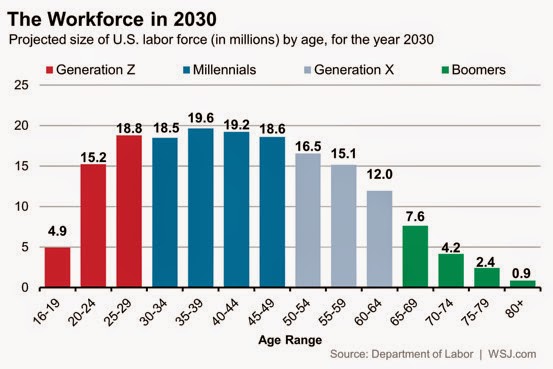 A strong public school system is not only good for our children, it also promotes business growth and keeps our residential property values strong. Early Voting for the May 9, 2015 election starts on Monday, April 27th.
A strong public school system is not only good for our children, it also promotes business growth and keeps our residential property values strong. Early Voting for the May 9, 2015 election starts on Monday, April 27th.Geographical school districts in Texas are completely independent from city or county jurisdiction, and are governed by a board of trustees. Texas school district boundaries are not always aligned with county or city boundaries; a district can occupy several counties and cities, while a single city (especially larger ones such as Dallas, Houston, or San Antonio) may be split between several districts. Almost all Texas school districts use the title "Independent School District", or ISD.
Plano's public school system is among the largest in Texas and is nationally rated as one of the best school systems in the nation. The quality of Plano schools is among the major factors convincing companies like Toyota to locate their national corporate headquarters to Plano.








